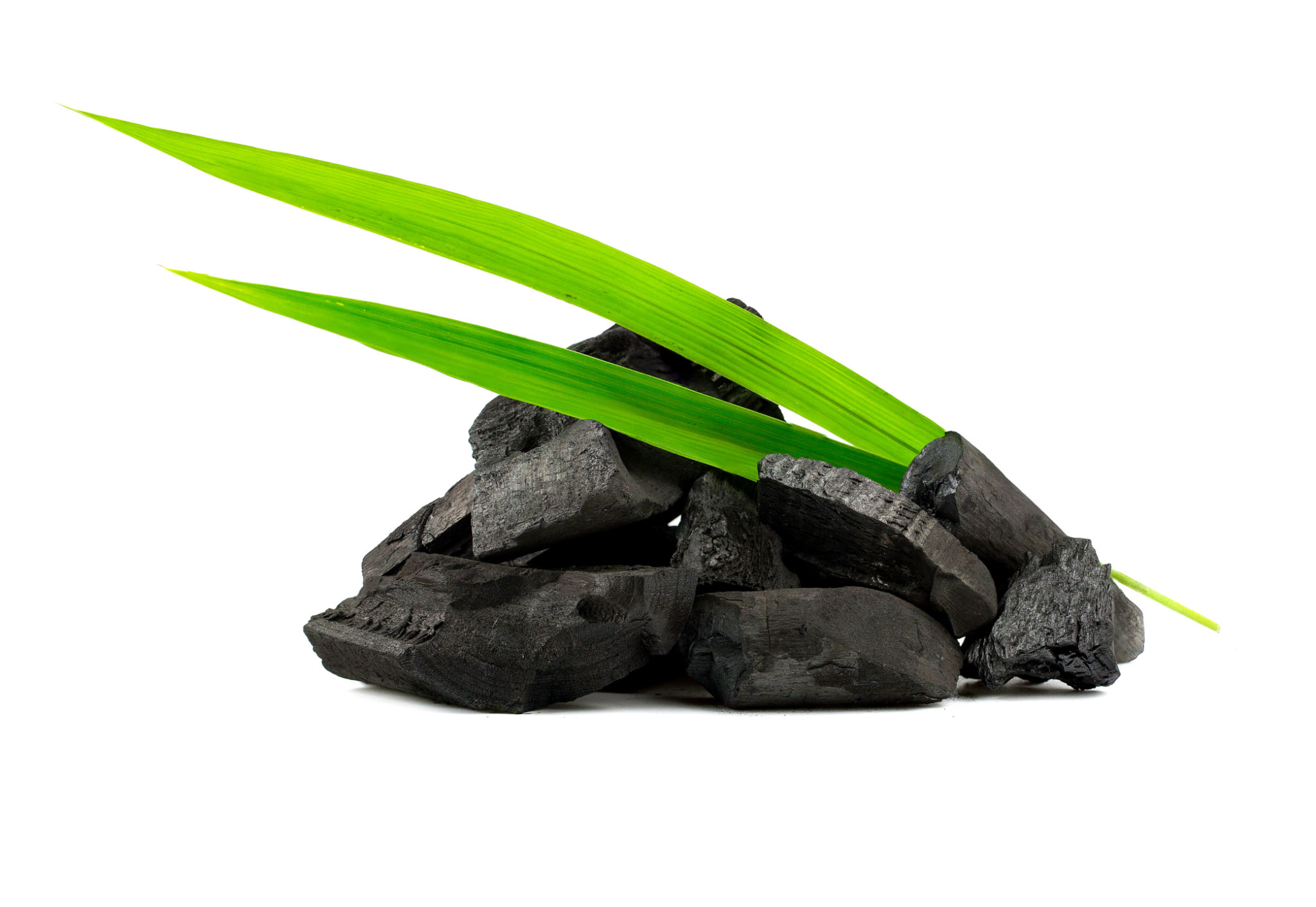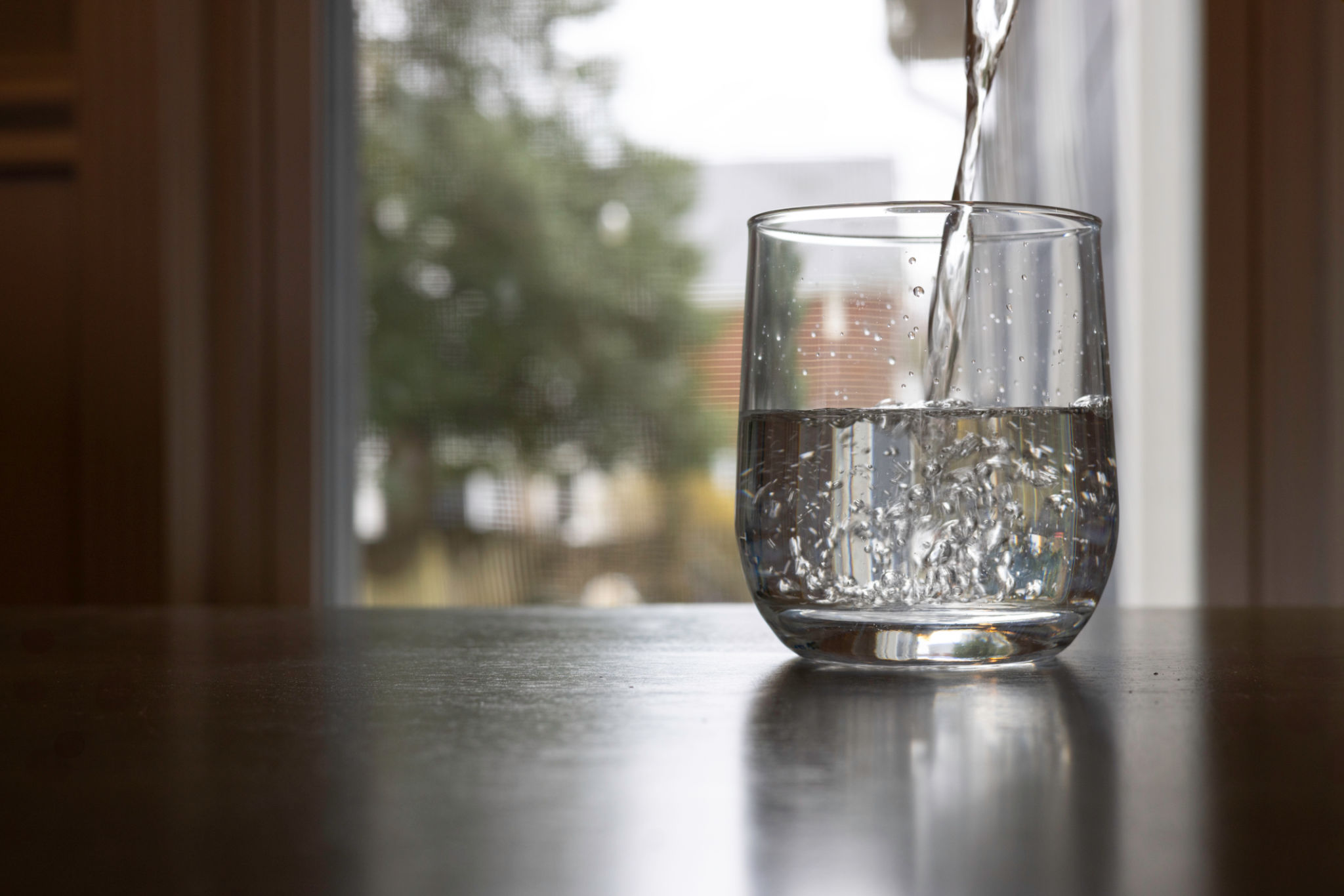Debunking Myths: Is Bamboo Charcoal Really Effective for Purification?
Understanding Bamboo Charcoal
Bamboo charcoal has gained popularity in recent years as a natural purification solution. Derived from the fast-growing bamboo plant, this type of charcoal is produced by heating bamboo at high temperatures. This process results in a porous structure, which is believed to have various purification benefits.
Many people use bamboo charcoal for air and water purification, among other applications. However, with its rising fame, numerous myths and misconceptions have emerged. Let's delve into the science behind bamboo charcoal and see if it lives up to the hype.

The Science Behind Bamboo Charcoal
The effectiveness of bamboo charcoal largely hinges on its porous structure. These tiny pores increase the surface area, allowing it to adsorb impurities from the environment. Adsorption is a process where molecules adhere to a surface rather than being absorbed into it. This characteristic makes bamboo charcoal an excellent candidate for trapping pollutants and odors.
Research indicates that bamboo charcoal can effectively adsorb harmful chemicals like formaldehyde, benzene, and phenols. However, it’s important to note that while bamboo charcoal can reduce these pollutants, it's not a catch-all solution. Its effectiveness can vary depending on factors like the environment and the concentration of pollutants.
Common Myths About Bamboo Charcoal
Several myths surround the use of bamboo charcoal for purification. Let's address some of the most common ones:
- Bamboo charcoal works instantly: While it begins to adsorb impurities right away, the process is gradual and depends on factors such as air circulation and pollutant levels.
- It never needs replacing: Bamboo charcoal bags typically last about a year but require regular rejuvenation by placing them in sunlight to release trapped particles.
- It can purify any space: The effectiveness of bamboo charcoal is limited by the size of the area and the amount of charcoal used.

Bamboo Charcoal for Air Purification
One of the most popular uses for bamboo charcoal is air purification. It is commonly used in homes to reduce odors and improve air quality. Bamboo charcoal bags are an eco-friendly alternative to chemical air fresheners, providing a natural way to enhance indoor environments.
To maximize its effectiveness, it's important to use the appropriate amount of bamboo charcoal for the space in question. For larger areas, multiple bags may be necessary. Regular exposure to sunlight helps maintain its adsorption capabilities.
Water Purification with Bamboo Charcoal
Bamboo charcoal is also employed in water purification processes. Its porous nature allows it to trap impurities, potentially improving water quality by removing contaminants like chlorine and heavy metals. However, for serious water purification needs, it's advisable to use it in conjunction with other filtration methods.

The Environmental Impact
One of the significant advantages of bamboo charcoal is its sustainability. Bamboo grows rapidly and is easily replenished, making it an environmentally friendly resource. Additionally, using bamboo charcoal as a purification method reduces reliance on chemical-based products, further benefiting the ecosystem.
While bamboo charcoal offers numerous benefits, it's critical to remember that it should complement other purification methods rather than replace them entirely. For those seeking a natural approach to air and water quality improvement, it serves as an excellent option.
Conclusion
Bamboo charcoal is indeed effective for purification purposes, but it's essential to approach its use with realistic expectations. While it can trap pollutants and odors effectively, it's not a miracle solution for all purification needs. By understanding its properties and limitations, users can better integrate bamboo charcoal into their daily lives for improved air and water quality.